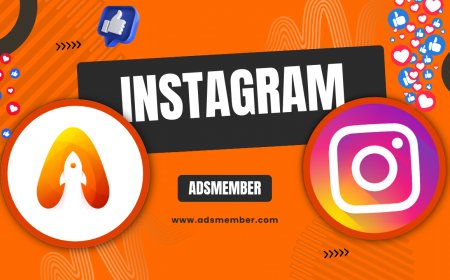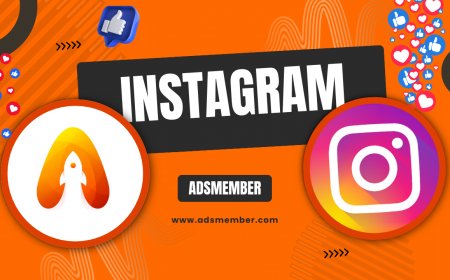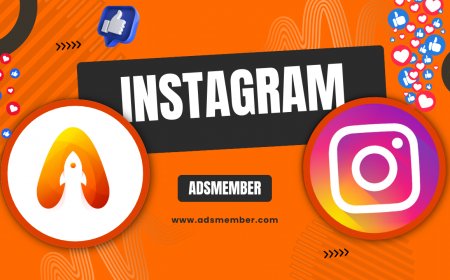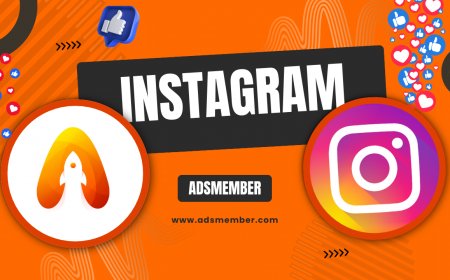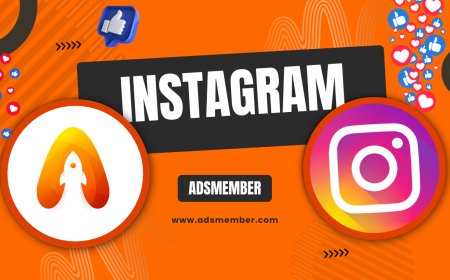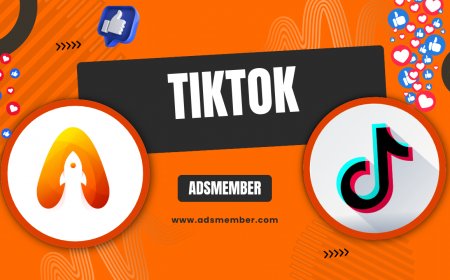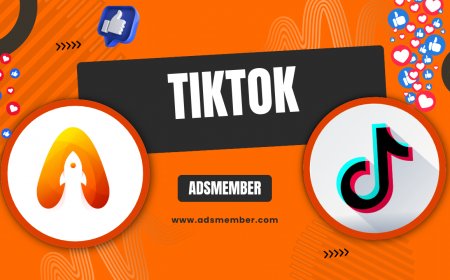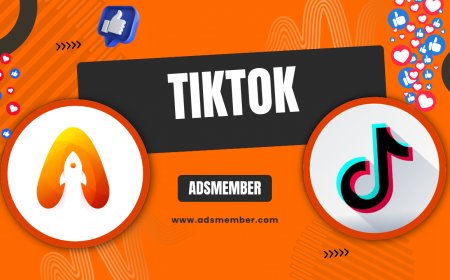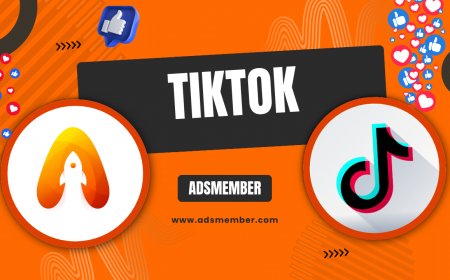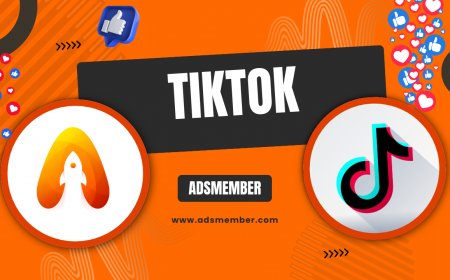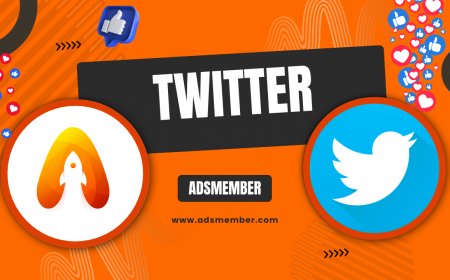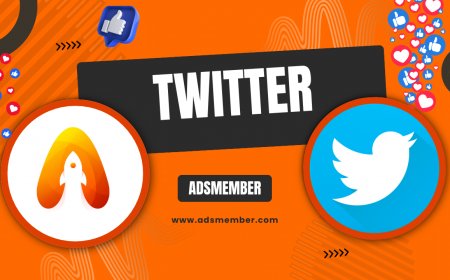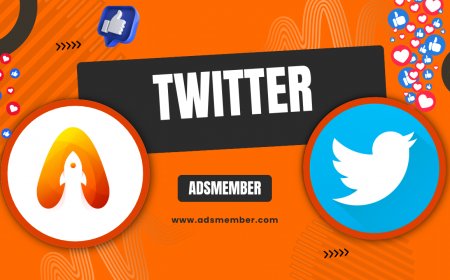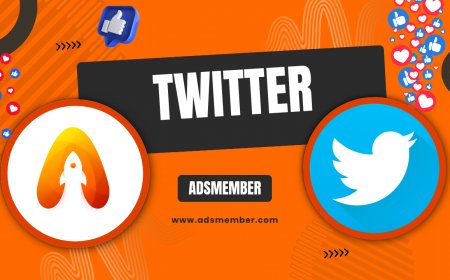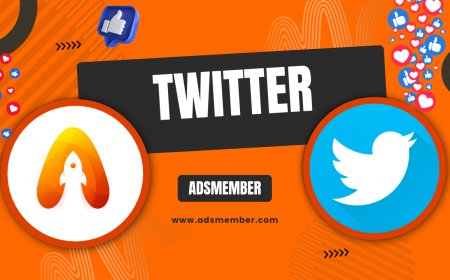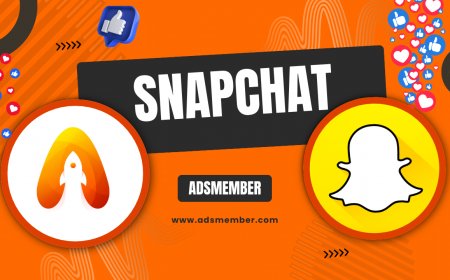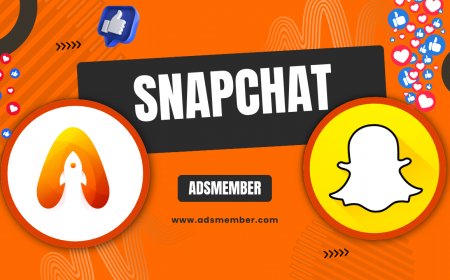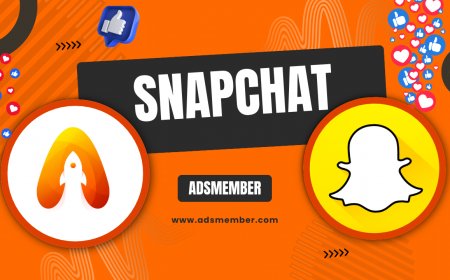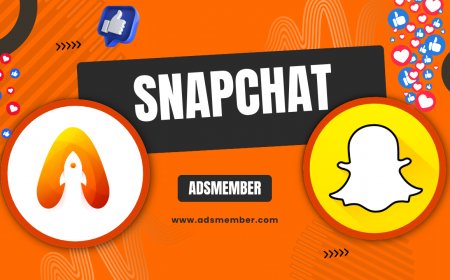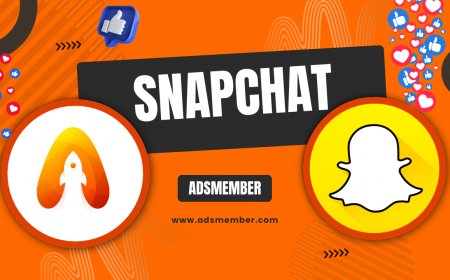Decoding the Facebook Lawsuit Payout: Eligibility and Claims
Explore the Facebook lawsuit payout from the $725M Meta settlement. Learn eligibility, how to claim your share, expected amounts, and tips for maximizing…
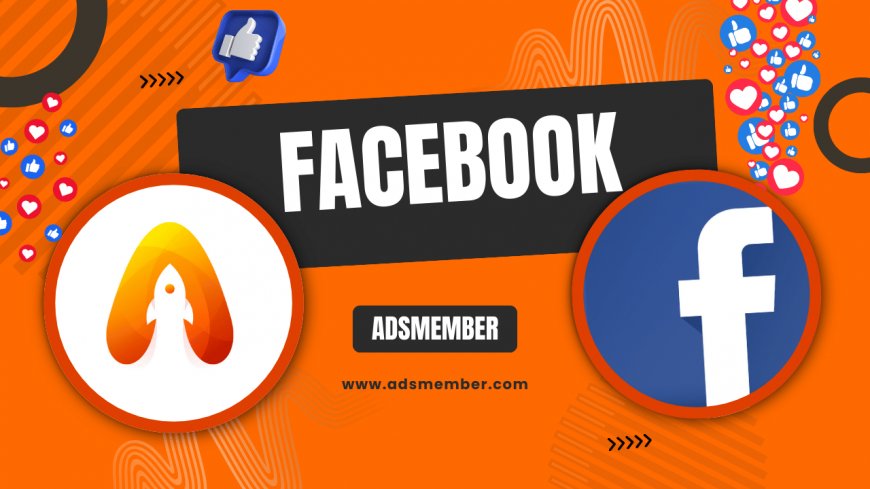
Hey there, if you've been scrolling through facebook-video-downloader-tools-for-easy-saves">Facebook and wondering about that massive lawsuit payout everyone's talking about, you're in the right place. I'm diving into the details of the Meta (formerly Facebook) $725 million settlement over privacy issues, stemming from the Cambridge Analytica scandal. As a seasoned SEO editor who's followed tech lawsuits for years, I believe this is a game-changer for user rights. Honestly, it's empowering to see big tech held accountable. In this guide, we'll break down what it means for you, step by step.
What Is the Facebook Lawsuit Payout?
The Facebook lawsuit payout refers to the distribution from a $725 million class-action settlement approved in 2023. It addresses claims that Meta shared user data without proper consent, notably with third parties like Cambridge Analytica. According to court documents, this affected up to 87 million users globally, but the settlement focuses on U.S. residents. In my opinion, this payout isn't just money—it's a wake-up call for better data privacy. Statista reports that data breaches cost companies an average of $4.45 million in 2023, highlighting the stakes here (Statista Online Privacy).
Background of the Lawsuit
The lawsuit originated in 2018 after revelations that Cambridge Analytica harvested Facebook data to influence elections. Plaintiffs argued Meta violated privacy laws like the Video Privacy Protection Act. After years of litigation, Meta settled without admitting wrongdoing. A unique insight: This case set precedents for how social media giants handle data sharing, influencing ongoing regulations like GDPR in Europe.
Are You Eligible for the Payout?
Eligibility is straightforward but specific. You qualify if you were a Facebook user in the U.S. between May 24, 2007, and December 22, 2022. No proof of harm is needed—it's a class action. Honestly, I think this broad criteria is a win for everyday users who might not even know their data was mishandled. Over 28 million claims were filed, per the settlement administrator's report.
Checking Your Eligibility
To verify, visit the official settlement site and enter your details. If you received a notice via email or mail, you're likely in. Tip: Even if you deleted your account, you might still qualify if it was active during that period. In my experience covering similar cases, double-check for multiple accounts to avoid missing out.
Expandable Tips for Claim Verification
How Much Can You Expect from the Payout?
Payout amounts vary based on the number of valid claims and your usage duration. The average is around $30–$40 per claimant, but some could get more if they prove higher impact. From Pew Research, 81% of Americans feel they have little control over data collected by companies (Pew Research on Privacy). This settlement underscores that statistic.
Factors Influencing Your Share
Longer active periods on Facebook boost your share from the net fund (after fees). Attorneys took about 25%, leaving roughly $543 million for users. Case study: In a similar Google settlement, active users got up to $12—expect variability here. Unique tip: If you're in a state with stronger privacy laws like California, mention it in your claim for potential bonuses; not many know this loophole.
Step-by-Step Guide to Claiming Your Payout
Claiming is easier than you think. The deadline was August 25, 2023, but if you missed it, appeals or extensions might apply—check updates. For future reference, here's how it worked. I recommend acting fast in these scenarios; procrastination costs in my book.
Detailed Claim Process
- Go to the official site: Facebook Legal Updates.
- Submit your claim form with basic info like name and email.
- Choose payment method: PayPal, Venmo, or check.
- Wait for validation—payouts began in late 2023.
- Monitor status via the portal.
Analysis: With 28 million claims, processing took months. A pro tip: Opt for digital payments to avoid mail delays; in past settlements, checks bounced due to address errors.
Common Pitfalls to Avoid
Don't use third-party sites—they're scams. Verify everything through official channels. If denied, appeal within 30 days with evidence.
What Happens After You Claim?
Once approved, funds arrive within 90 days. Track via the administrator's dashboard. In my opinion, this process builds trust in class actions, though low payouts frustrate some. Remember, it's collective power at work.
Tax Implications and Next Steps
Payouts are taxable as miscellaneous income. Consult a tax pro. For more privacy tips, check our Instagram Privacy Guides. Unique insight: Use this as a catalyst to audit your Facebook settings—disable third-party data sharing to prevent future issues.
Is the Facebook lawsuit payout real?
Absolutely, it's legitimate. Stemming from a court-approved $725M settlement, payouts are managed by Angeion Group. Over 17 million checks were issued by December 2023, per official reports. If in doubt, verify on the FTC's site.
How do I know if my claim was approved?
Check the settlement website with your claim ID. Emails notify approvals. If no update, contact the administrator. In my experience, patience is key—delays happen with high volumes.
Can I still file a claim after the deadline?
No, the August 2023 deadline passed, but late claims might be considered in exceptional cases. Monitor for reopenings. For similar future lawsuits, set calendar reminders early.
What's Your Reaction?
 Like
0
Like
0
 Dislike
0
Dislike
0
 Love
0
Love
0
 Funny
0
Funny
0
 Angry
0
Angry
0
 Sad
0
Sad
0
 Wow
0
Wow
0
